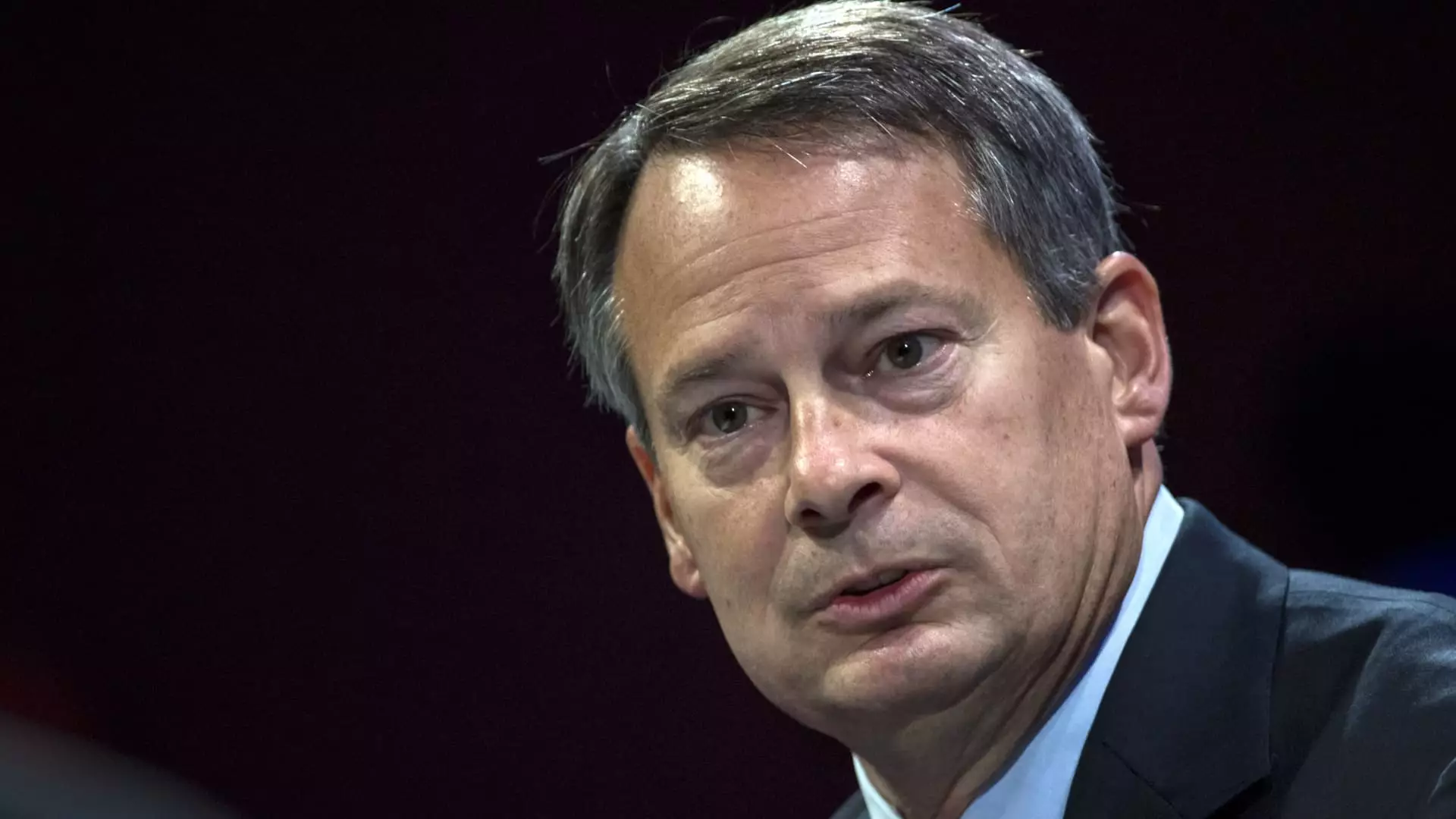Walt Bettinger’s announcement to retire as CEO of Charles Schwab at the end of December 2024 marks a significant turning point for the prominent brokerage firm. Having led the company for an impressive 16 years, Bettinger will hand over the reins to Rick Wurster, who has served as president and has been closely associated with Bettinger during this tenure. This leadership transition, slated for January 1, 2025, is packed with implications for the future of the organization as well as reflections on its recent past.
In his retirement message, Bettinger emphasized turning 65 next year as a fundamental reason for stepping down, indicating a desire to pass the leadership baton at a key juncture. This decision comes after a period of substantial growth for Schwab, as reflected in its staggering increase in client assets from $1.14 trillion to nearly $9.74 trillion under Bettinger’s stewardship. Additionally, the firm’s brokerage accounts have surged from under 10 million to more than 43 million, with this growth partially fueled by Schwab’s strategic acquisition of TD Ameritrade. Notably, the integration of Ameritrade—a critical move in maintaining competitiveness in a rapidly evolving financial services landscape—was completed earlier this year, seemingly paving the way for a seamless leadership transition.
Maintaining Continuity in Strategy
As Wurster prepares to assume the CEO role, he reassured stakeholders that there would be no immediate shifts in the company’s strategy. His commitment to continuity stems from a deep understanding of Schwab’s operational principles and client-centric philosophy, having collaborated closely with Bettinger for over eight years. This consistency reassures clients and investors alike, suggesting that Schwab will further its mission of delivering exceptional services without disruption. However, while this approach may be intended to comfort stakeholders, it raises questions about the company’s adaptability in a landscape that is continuously transforming.
Bettinger’s Legacy and Company’s Performance
During his leadership, Bettinger navigated Schwab through turbulent economic waters, beginning his tenure amidst a global financial crisis that saw the company’s stock plummet drastically. Over the years, Schwab’s stock performance improved dramatically, rising approximately 150%. However, in the recent two-year span, its stock has reportedly underperformed relative to broader market indices—an issue that may shadow Wurster’s new presidency. While Bettinger faced initial skepticism due to the company’s declining stock, his ability to rejuvenate Schwab during recovery stands as a testament to his leadership.
As Rick Wurster assumes leadership, many will be keenly watching how he plans to steer Charles Schwab through uncharted waters marked by regulatory changes and competitive pressures from fintech innovators. With Bettinger remaining as co-chair of the board, the firm maintains a link to its recent leadership, assuring some level of continuity in strategic oversight. The upcoming transition will not only test Wurster’s capabilities but also serve as a litmus test for Schwab’s resilience in the face of changing market dynamics.
The departure of Walt Bettinger as CEO draws a curtain on an era defined by remarkable growth and strategic game-changing acquisitions. The future under Rick Wurster may potentially redefine the landscape for Charles Schwab, making this a pivotal moment for investors, employees, and clients alike.

